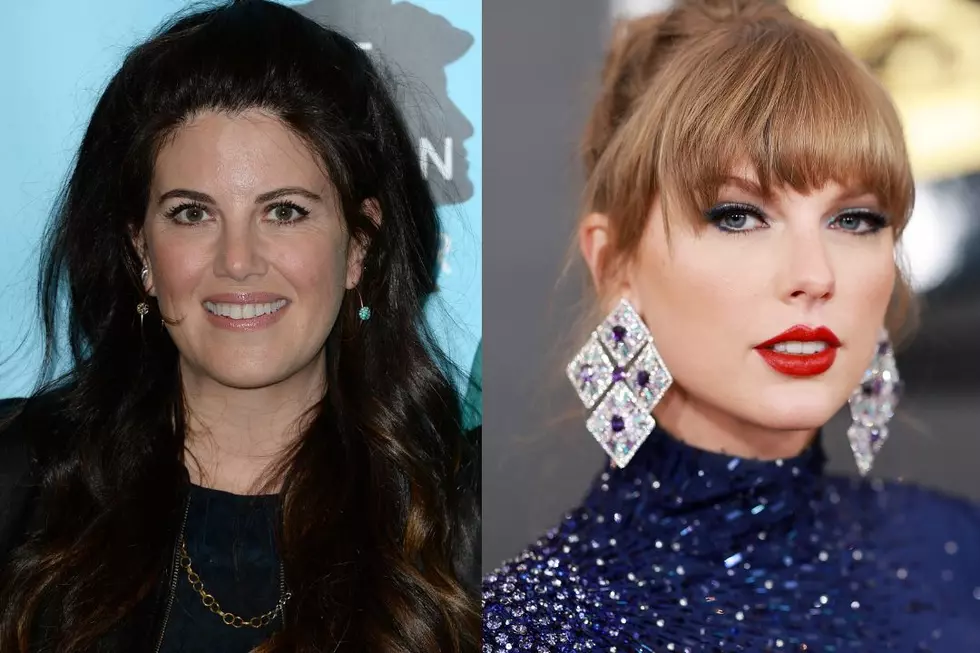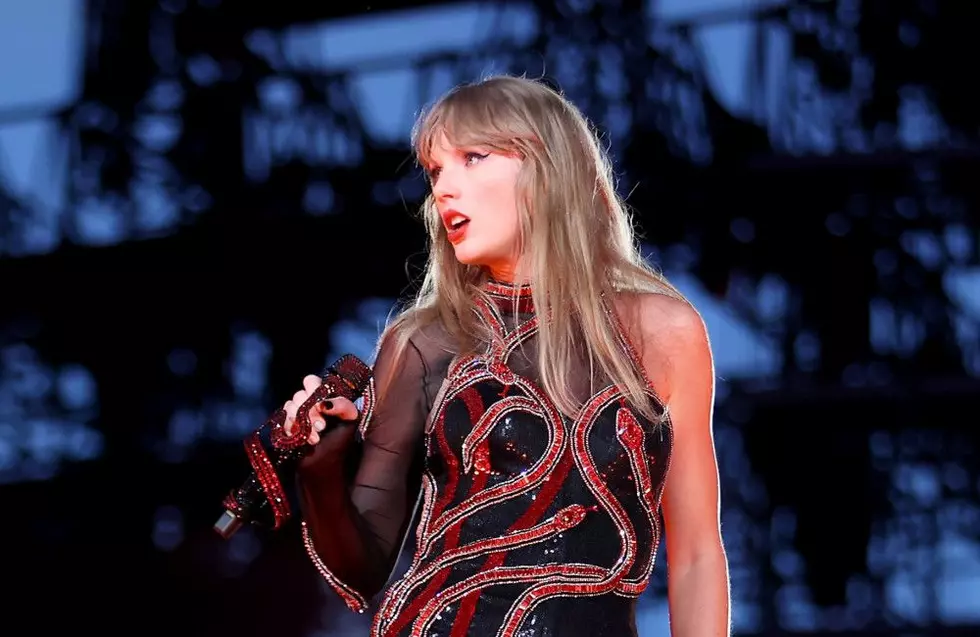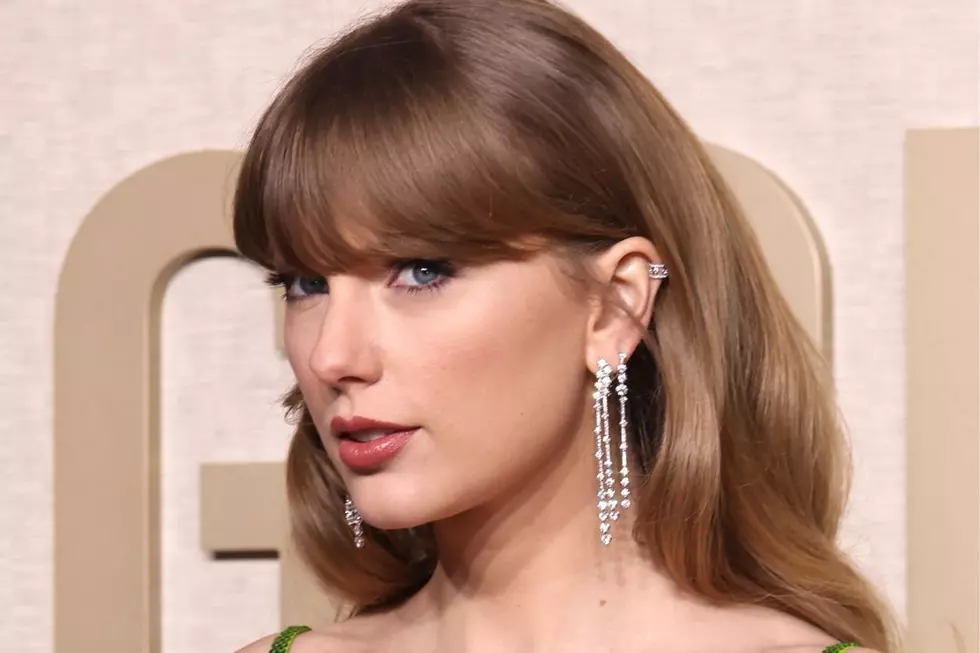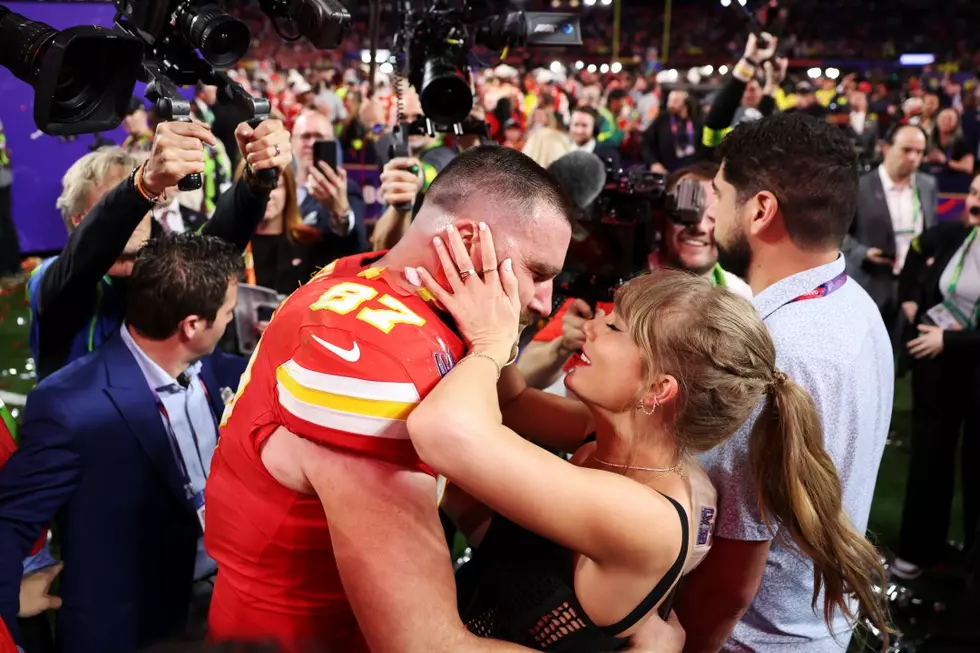People Are Asking Why Taylor Swift’s ‘Wildest Dreams’ Africa Is So White
UPDATE: Joseph Kahn, the director of "Wildest Dreams," has since responded to the video's criticisms, saying in a statement today (September 2) that it was produced by a black woman and edited by a black man.
He said (via Billboard), "We collectively decided it would have been historically inaccurate to load the crew with more black actors as the video would have been accused of rewriting history. This video is set in the past by a crew set in the present."
The original story appears below.
Taylor Swift's music video for "Wildest Dreams" has come under fire for being racially insensitive and outright romanticizing colonialism (aka, the practice of occupying a foreign country with usually-white settlers).
The video, directed by frequent Swift collaborator Joseph Kahn, was partially shot somewhere in Africa (the specific location has yet to be disclosed). And according to Billboard, various media outlets have since picked up on the video's blatant white-washing of a place so rich with diversity, as its only departure from a slew of white folks is the odd shot of a wild animal.
NPR writers Viviane Rutabingwa and James Kassage Arinaitwe laid out the video's main shortcomings in a lengthy review, saying, "We are shocked to think that in 2015, Taylor Swift, her record label and her video production group would think it was OK to film a video that presents a glamorous version of the white colonial fantasy of Africa. “
They continued, writing, "Swift's music is entertaining for many. She should absolutely be able to use any location as a backdrop. But she packages our continent as the backdrop for her romantic songs devoid of any African person or storyline, and she sets the video in a time when the people depicted by Swift and her co-stars killed, dehumanized and traumatized millions of Africans. That is beyond problematic."
Did Taylor Swift or director Joseph Kahn intentionally mean to promote colonialism while shooting this video? No, probably not. But the blatant, historical oversights are alarming, to the say the least.
What's worse is "Wildest Dreams" comes mere weeks after Swift showed her ignorance regarding MTV's continued race-related missteps and oversights, shifting Nicki Minaj's valid critique to instead focus on Taylor's feelings and Taylor's particular brand of feminism (she has since apologized). You'd think that debacle might give Swift pause for a tad more sensitivity when it comes to issues of race, especially when shooting a high-budget music video in a place that has historically suffered from bloody political exploitation. Is an attempt to self-educate too much to expect from our pop stars?
Stars Who Were Born Rich
More From PopCrush









